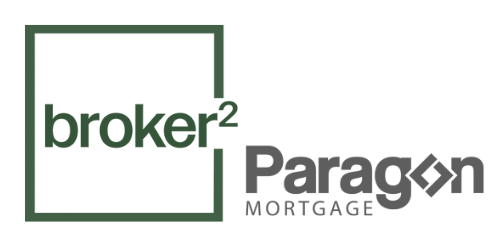Everything You Need to Know About Second Mortgages
What Is a Second Mortgage, Really? (It’s Not What Most People Think)
If you’ve heard the term “second mortgage” and assumed it refers to the next mortgage you take out after your first one ends, you’re not alone. It’s a common misconception—but the reality is a bit different.
A second mortgage isn’t about the order of mortgages over time.
It’s actually about the number of loans secured against a single property—at the same time.
So, What Exactly Is a Second Mortgage?
When you first buy a home, your mortgage is registered on the property in first position. This simply means your lender has the primary legal claim to your property if you ever sell it or default.
A second mortgage is another loan that’s added on top of your existing mortgage. It’s registered in second position, meaning the lender only gets paid out after the first mortgage is settled. If you sell your home, any proceeds go toward paying off the first mortgage first, then the second one, and any remaining equity is yours.
It’s important to note:
You still keep your original mortgage and keep making payments on it—the second mortgage is an entirely separate agreement layered on top.
Why Would Anyone Take Out a Second Mortgage?
There are a few good reasons homeowners choose this route:
- You want to tap into your home equity without refinancing your existing mortgage.
- Your current mortgage has great terms (like a low interest rate), and breaking it would trigger hefty penalties.
- You need access to funds quickly, and a second mortgage is faster and more flexible than refinancing.
One common use? Debt consolidation. If you’re juggling high-interest credit card or personal loan debt, a second
mortgage can help reduce your overall interest costs and improve monthly cash flow.
Is a Second Mortgage Right for You?
A second mortgage can be a smart solution in the right situation—but it’s not always the best move. It depends on your current mortgage terms, your equity, and your financial goals.
If you’re curious about how a second mortgage could work for your situation—or if you’re considering your options to improve cash flow or access equity—let’s talk. I’d be happy to walk you through it and help you explore the right path forward.
Reach out anytime—we’ll figure it out together.







